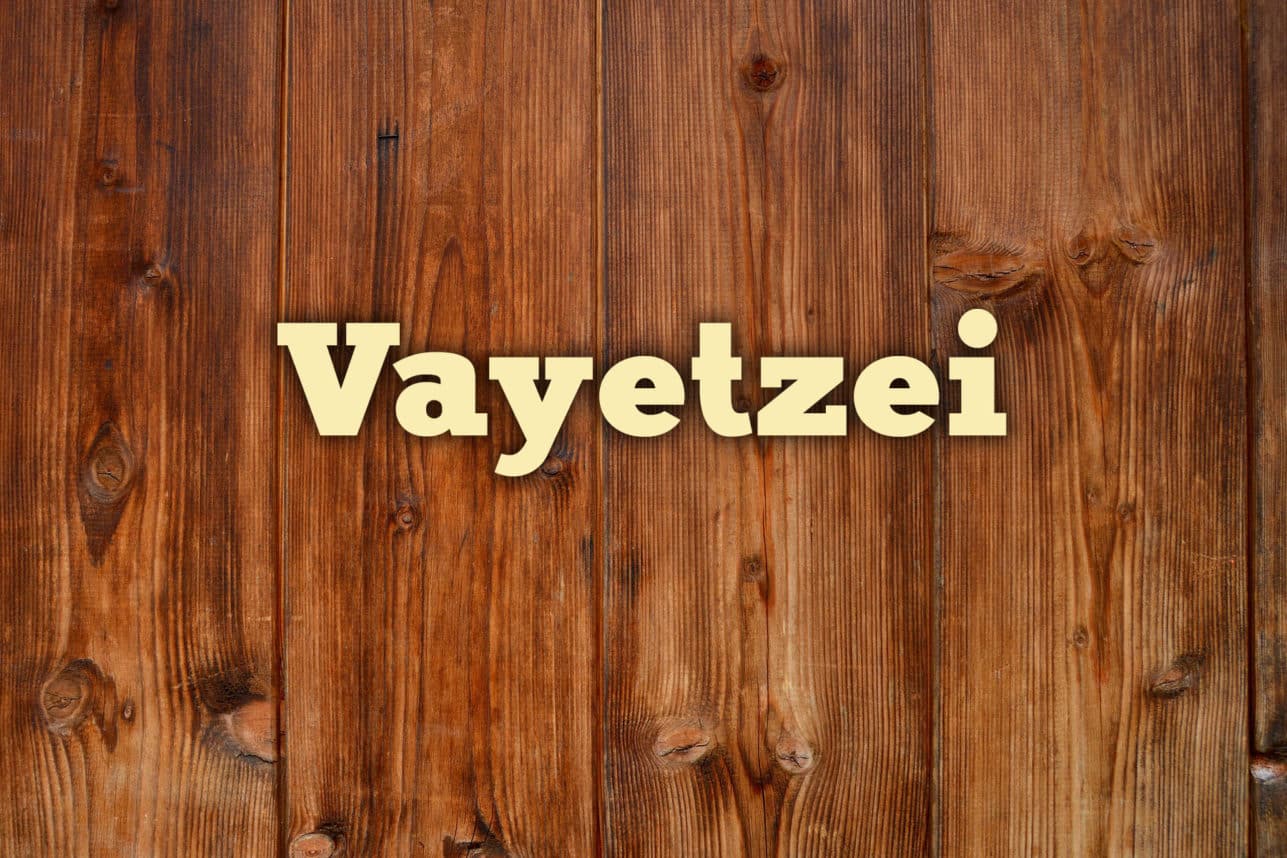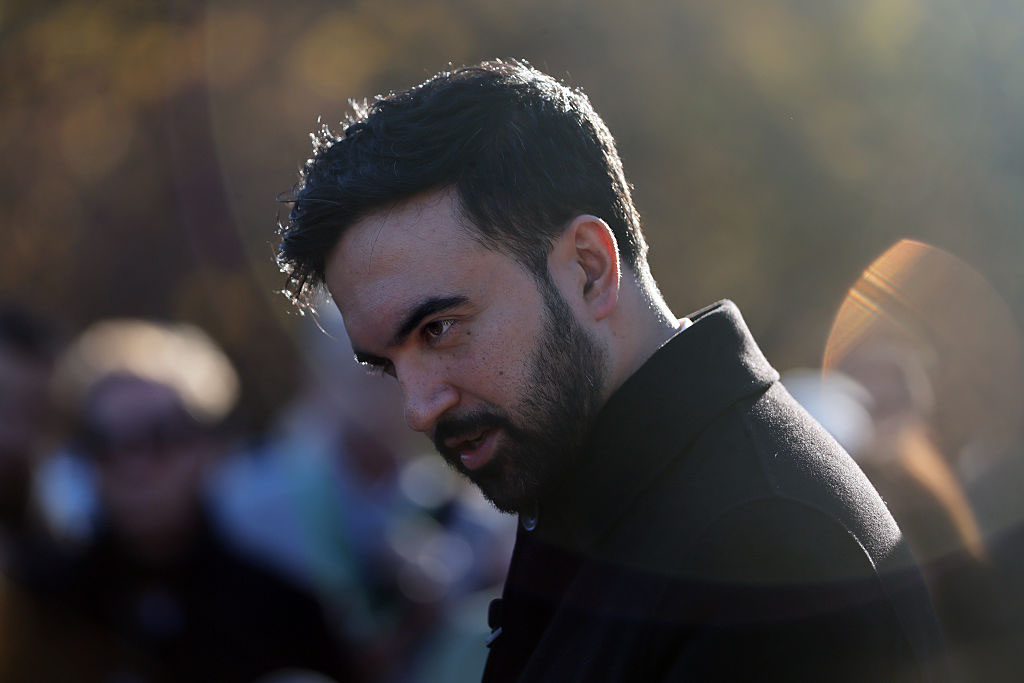
The University of Michigan has disciplined professor John Cheney-Lippold for refusing to write a letter of recommendation for a student to study abroad in Israel.
The Michigan Daily, the university’s student newspaper, first reported that they obtained a letter from interim Literature, Science and Arts Dean Elizabeth Cole to Cheney-Lippold the professor for his actions: Cheney-Lippold will not be able to receive a salary increase this academic year and will not be able to accumulate credits for sabbatical until 2020.
The Journal has obtained the letter through a Freedom of Information Act (FOIA) request and can confirm that Cheney-Lippold has been disciplined for his actions.
Cole begins the letter by noting that Cheney-Lippold had written letters of recommendation for students who wanted to study in Israel before, which he said was because he didn’t have tenure at the time. She proceeded to point out how he failed to live up to the university’s standards.
“Faculty are not required to write letters for every student who requests them, and have discretion to decline for legitimate reasons such as lack of time, information about the student, and academic assessment; however, that discretion is not unfettered,” Cole wrote. “It does not extend to withholding a letter because of your personal views regarding the student’s place of study and then using the student’s request as a political platform to gain an audience for your own opinions, both in the media and in the classroom.”
Cole then highlighted the Senate Advisory Committee on University Affairs public statement from Sept. 24 stating that professors at the university are required to judge students based on merit alone.
“Your actions in this matter failed to demonstrate the respect for your student to which was entitled and deserved,” Cole wrote. “You acted on the basis of your personal beliefs rather than in the best interest of the student.”
Cheney-Lippold’s comments to The Washington Post that his “personal stance” didn’t affect Ingber’s academic goals showed “a disregard for the student’s well-being,” Cole argued, since it very well could have been a hindrance to her goal to study abroad in Israel.
Cole also determined that Cheney-Lippold had told her that he spent only 15 minutes of his class time to discuss the controversy and his personal views on the boycott, divestment and sanctions (BDS) movement; yet she discovered that he had spent “nearly all of class time” in at least one of his digital studies classes to discuss the matter.
“If you felt students in your classes needed an opportunity to discuss the controversy in which you were involved, it would have been more appropriate to either invite a third party to lead that conversation, or to hold a dedicated office hour for students with questions about the matter,” Cole wrote.
Cole concluded the letter by listing out his punishment and noted that this was “a strong warning” for him not deny a letter of recommendation request to a student based on his political beliefs.
“Nothing in this letter is intended to discourage you from speaking on or advocating for matters that are of concern to you, which you are free to do,” Cole wrote. “But interfering with a student’s academic aspirations, as you have done here, is not acceptable and will not be tolerated.”
Cheney-Lippold has not responded to the Journal’s request for comment.

































